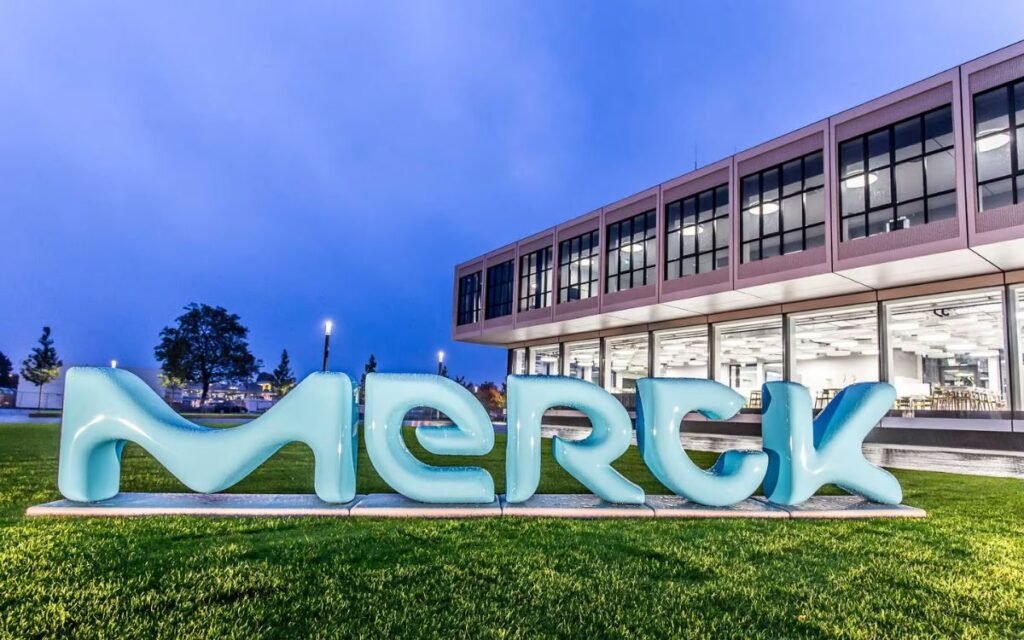In a surprising turn of events, Merck’s COVID-19 antiviral pill, Lagevrio, has defied expectations by generating an astounding $640 million in sales during the third quarter. Analysts had previously projected a more modest $120 million in sales, making this performance a significant shock.
During an earnings call, Merck did not specifically address Lagevrio’s sales surge, attributing it to increased demand in Japan. This impressive resurgence comes on the heels of Europe’s Committee for Medicinal Products for Human Use recommending against Lagevrio’s authorization due to the inability to demonstrate its clinical benefit.
In the United States, Pfizer’s Paxlovid has taken the lead as the primary treatment for at-risk COVID-19 patients, bolstered by superior efficacy data prior to the emergence of the omicron variant. The FDA granted pharmacists the authority to prescribe Paxlovid in June 2022 but did not extend the same privilege to Lagevrio.
Also Read: Lagevrio, The First Oral COVID-19 Drug, To Be Available In US Soon
Lagevrio’s journey in 2022 has been a rollercoaster. It debuted with $3.3 billion in sales during its first full quarter on the market but experienced a decline, dropping to $392 million and $203 million in the first two quarters of this year, respectively.
Analyst John Boylan from Edward Jones considered Lagevrio’s Q3 performance an aberration, predicting that sales would moderate as the pandemic wanes. Merck itself anticipates this, projecting Lagevrio sales to reach $1.3 billion for the year.
Bolstered by Lagevrio’s performance, Merck has revised its annual revenue forecast, now expecting a range of ~$60 billion to ~$60 billion, up from the previous estimate of ~$59 billion to ~$60 billion.
In contrast, Pfizer recently reduced its overall revenue projection by $9 billion to a range of $58 billion to $61 billion. This was primarily due to a $7 billion decrease in projected Paxlovid sales, as the company transitioned to traditional commercial markets in the second half of 2023.
Merck’s overall sales in Q3 reached $16 billion, marking an increase both sequentially and year over year. Furthermore, the company exceeded analysts’ expectations for earnings per share, reporting a figure of $2.13, surpassing the projected $1.95.
Also Read: Merck’s Antiviral Pill Lagevrio May Have Triggered New COVID Variants, Study Suggests
Merck’s oncology flagship, Keytruda, achieved remarkable Q3 sales of $6.3 billion, representing a 17% increase. The company attributed this growth to earlier-stage indications in triple-negative breast cancer and renal cell carcinoma.
Gardasil, the HPV vaccine, also saw significant momentum, with Q3 sales totaling $2.6 billion, a 13% increase. Merck attributed this boost to increased demand in China and a price increase in the US.
John Boylan, the analyst, commented on Keytruda’s impressive performance, stating, “Keytruda continues to exceed our estimates based on good product acceptance and new indications.” Regarding Gardasil, Boylan noted, “Gardasil sales were mostly lower than our expectations, likely due to a temporary shift in buying patterns from the US government. Gardasil sales in China, a key market, appeared solid. Therefore, we continue to see good growth for this product in the future.”





























